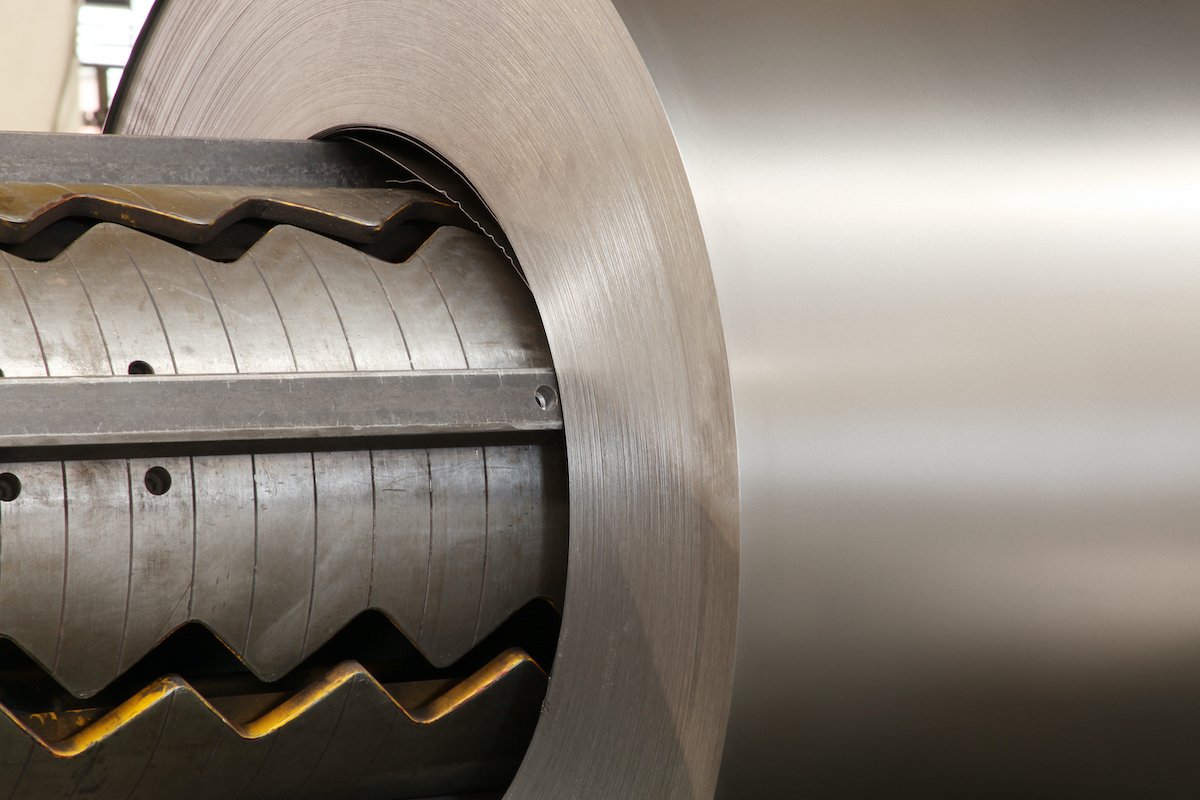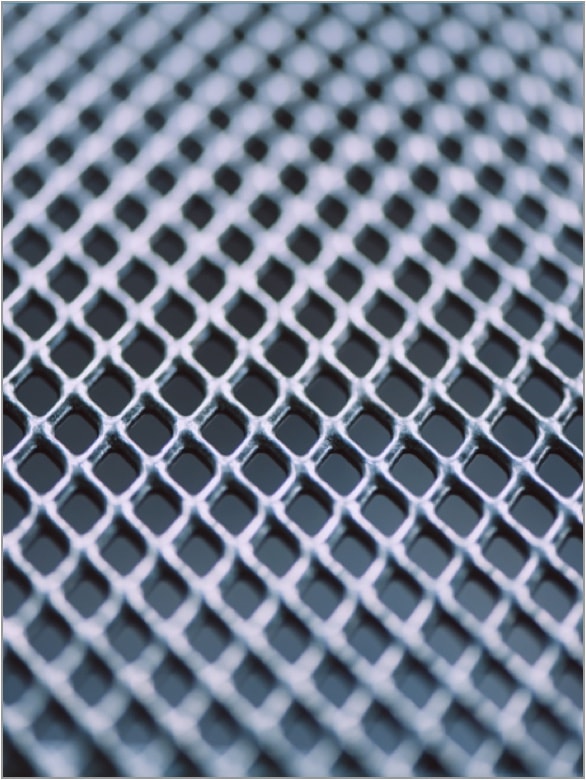Automotive aluminum has existed since the creation of aluminum itself. At that time, its widespread use didn't occur until later, as its use in the automotive industry was deemed dangerous and prohibited.
However, aluminum has become increasingly affordable, and the aluminum alloys currently available were designed to meet the needs of different industries that may need them.
Similarly, it's important to remember that there are many types of automotive aluminum alloys for the industry. It has become the most widely used car manufacturing material and is easily accessible to the industry.
Why is automotive aluminum used?
The range of applications for automotive aluminum showcases the beautiful versatility of the material as its uses are numerous. Aluminum is used in doors, hoods, trunks, electrical wiring, transmissions, condensers, and air conditioning tubes.
In essence, the list of uses is quite broad, and aluminum itself is used for many more things. Another reason to use automotive aluminum is its basic properties that make such a wide use and advantages for car manufacturers possible.
The first reason is that it improves fuel economy, which is easy to sell to consumers as they can be told they will save money by spending much less on gasoline. The second reason is that by using aluminum you reduce CO2 emissions due to its lower weight.
Reasons why aluminum is used in the automotive industry
Here are 6 reasons why automotive aluminum is of great value to industries.
- Safety. No car with an aluminum body has undergone crash tests by regulatory institutions as it has received a 5-star safety rating.
- Durability. Did you know that multiple American vehicles are made with aluminum? Especially military cars and Humvees, which are very durable cars
- Sustainability. Compared to other materials, aluminum leaves a smaller carbon footprint and by spending less on fuel you also take care of the environment with a rational use of gasoline.
- Efficiency. Aluminum in different alloys can offer steel resistance in specific applications with less weight, making it the most efficient option for many industries
- Performance. When driving a car made with aluminum, you not only save gasoline, but you accelerate faster and reduce the distances needed to brake, so you don't spend more money on gasoline
- High value. Aluminum is a material that helps reduce the total weight of the vehicle, making it a cost-effective material that allows the manufacture of high-quality cars and offer them on the market as quite resistant cars
The reason for the use of automotive aluminum in the United States
There were some reasons why automotive aluminum became the #1 choice of automotive industries and here we will tell you why. This mainly occurred in American territory.
- 35,000 annual deaths. These accidents account for more than 3.5 million since the late 19th century. Therefore, the National Highway Traffic Safety Administration improved and reinforced safety guidelines. The use of automotive aluminum is reliable thanks to its crash resistance.
- It has obtained 5-star ratings in crash tests. This already makes automotive aluminum a very reliable material, but if that's not enough, it's important to know that aluminum is the standard for military and defense vehicles.
- An environmentally friendly material. The production of primary aluminum may require a significant amount of energy, but the advantage is that aluminum is a recyclable material. Almost 75% of all the aluminum that has been produced is still in use today.
- Lightweight material. Aluminum has an excellent strength-to-weight ratio as it maintains quality strength. For the automotive industry, this means they will use less material to achieve the same efficiency.
- Great conductivity. Aluminum has an incredible ability to alloy with many materials. They range from copper to magnesium and silicon, each of these alloys gives specific characteristics to aluminum. For example, magnesium produces a harder and stronger aluminum that demonstrates excellent impact resistance.
Most common aluminum grades
- 1100: this grade is commercially pure aluminum: it is the softest and most ductile grade of aluminum available. Thermal insulators are a common application for this grade.
- 3003, 3004, and 3105: are non-heat treatable alloys. They are made of manganese, offer moderate resistance, and have great formability and adaptability, as well as excellent corrosion resistance.
- 5052, 5454, 5754, 5182, 5083, 5251, 5005: alloys that offer high strength, excellent formability, weldability, and corrosion resistance. They are the most functional and useful aluminum grades available.
- 6082, 6181: lightweight, durable, and with the best extrusion capability.
- 6016, 6014, 6022: these are sheet alloys with a lower copper variant. Some of their multiple uses are due to the formability and hemming performance above the yield point and it is widely used for body panels.
- 6005, 6111, and 6451: are higher copper variants, higher than those used when post-aging resistance is the most desired property in body panel applications.
- 7003, 7046, and 7075: are aluminum grades with very high strength, but low elongation, which limits the applications of cold sheet forming.
Want to know more about the automotive aluminum industry? Follow the Ulbrinox blog and learn more about stainless steel and aluminum. Remember, we are aluminum and stainless steel suppliers for all your processes.
Get a quote from us!













